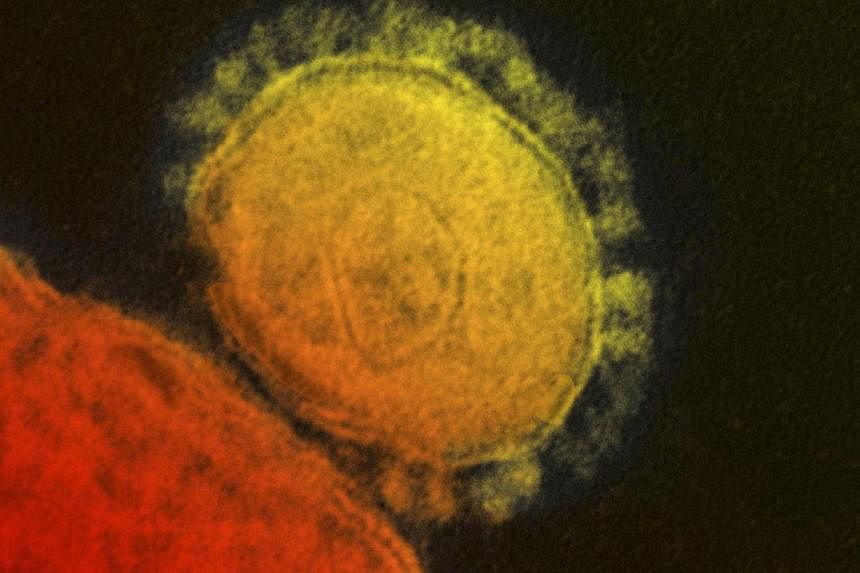RIYADH (AFP) - Health authorities in Saudi Arabia have reported three more fatalities from the Mers respiratory virus, taking the death toll in the world's worst-hit country to 163.
The health ministry website also revealed on Saturday that 520 cases have been recorded in the country since Middle East Respiratory Syndrome first appeared in Saudi Arabia in 2012.
It said three women died on Friday, including one in Riyadh, 48, and a 67-year-old in the western city of Taif. A third woman died in Jeddah, the port city where a spate of cases among staff at King Fahd Hospital last month sparked public panic and the dismissal of its director and the health minister.
Other nations including Egypt, Jordan, Lebanon, the Netherlands, the United Arab Emirates and the United States have also recorded cases, mostly in people who had been to the desert kingdom.
On Wednesday, the World Health Organisation said its emergency committee, which includes global medical and policy experts, had flagged mounting concerns about the potentially fatal virus.
The WHO called on countries to improve infection prevention and control, collect more data on Mers and to be vigilant in preventing it from spreading to vulnerable countries, notably in Africa.
But it has so far stopped short of declaring an international health emergency, which would have far-reaching implications such as travel and trade restrictions on affected countries.
A WHO team carried out a five-day inspection visit to Saudi Arabia earlier this month and pinpointed breaches in its recommended infection prevention measures as being partly responsible for the spike in hospital infections.
Mers is considered a deadlier but less transmissible cousin of the Sars virus that appeared in Asia in 2003 and infected 8,273 people, nine percent of whom died.
Like Sars, it appears to cause a lung infection, with patients suffering coughing, breathing difficulties and a high body temperature. But Mers differs in that it also causes rapid kidney failure.

